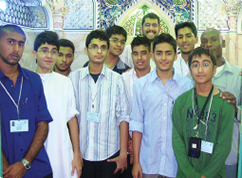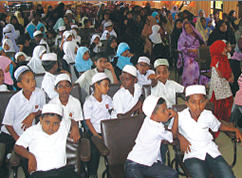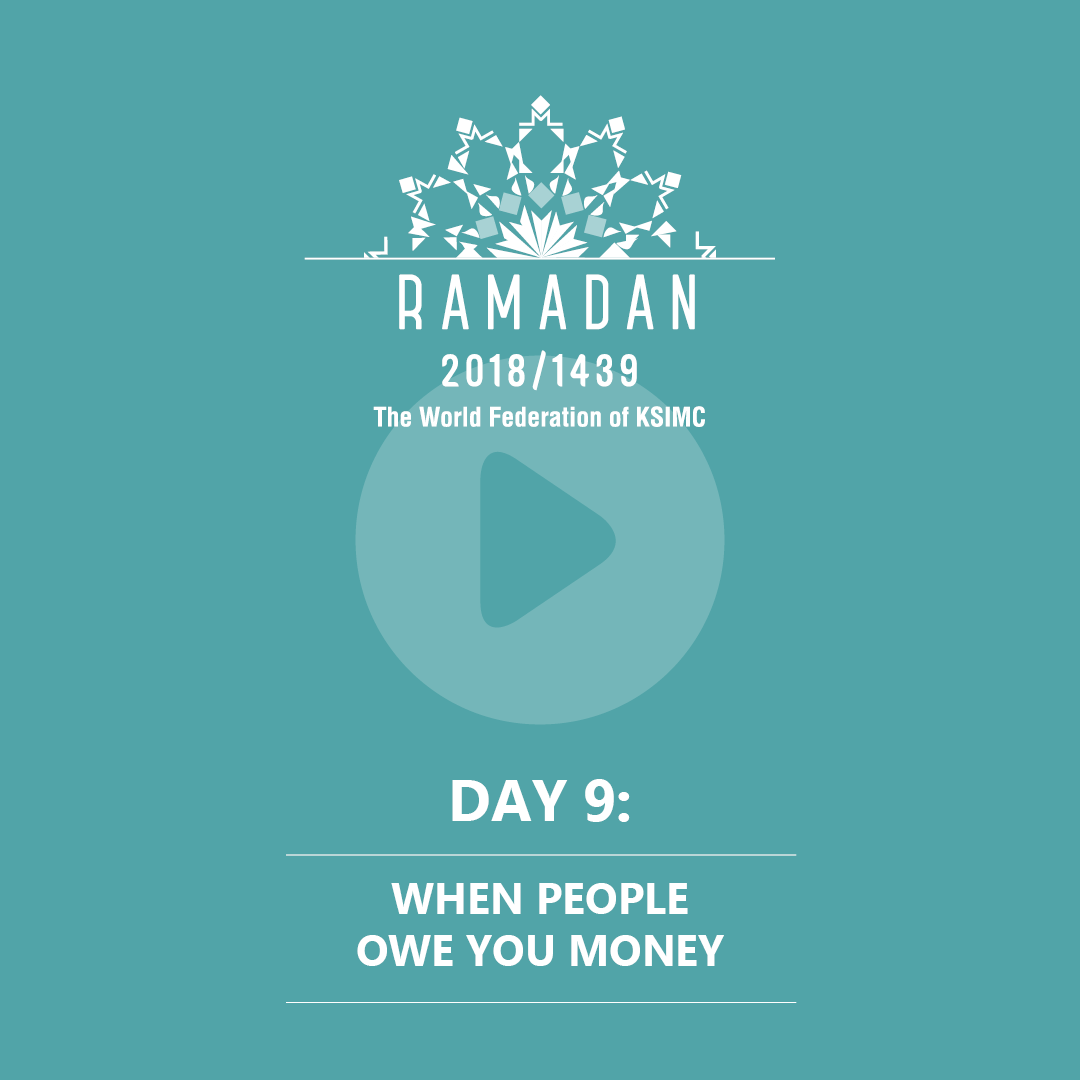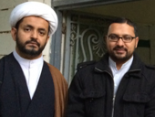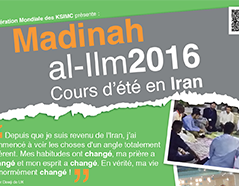The overall goal of this development programme is to increase the skills of teachers, and to shift their attitudes and behaviours so that they may be better able to support the learning of the students in the Madrasah.
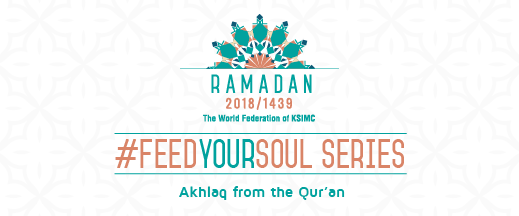
For the first 5 videos, we will focus on the introduction to the Holy month of Ramadan and for the rest of the month we will look into Akhlaq from the Qur'an.
Take part in the daily reflection\challenge to help you get closer to Allah (swt).
< Click here to watch previous videos
Day Nine
When People Owe You Money
وَ إِنْ كانَ ذُو عُسْرَةٍ فَنَظِرَةٌ إِلى مَيْسَرَةٍ وَ أَنْ تَصَدَّقُوا خَيْرٌ لَكُمْ إِنْ كُنْتُمْ تَعْلَمُون - البقره: 280
And if [the debtor] is in straits, let there be a respite until the time of ease; and if you remit [the debt] as charity, it will be better for you, should you know.
Related News
Najaf, also known as Ghariyy, can be considered a capital not only for Shia Hawzas of Iraq but also for various Shia hawzas across the globe. The unique academic nature of this city dates back to its establishment in 450 A.H.
The World Federation is pleased to introduce a series of videos to help us acquire closeness to Allah (swt). The first 5 videos will be an Introduction to Shahr Ramadan and for the rest of the Holy month we will focus on Akhlaq. Click here to watch Day 29.











